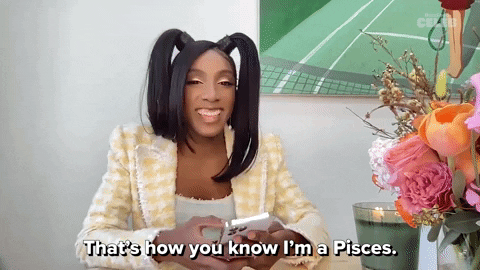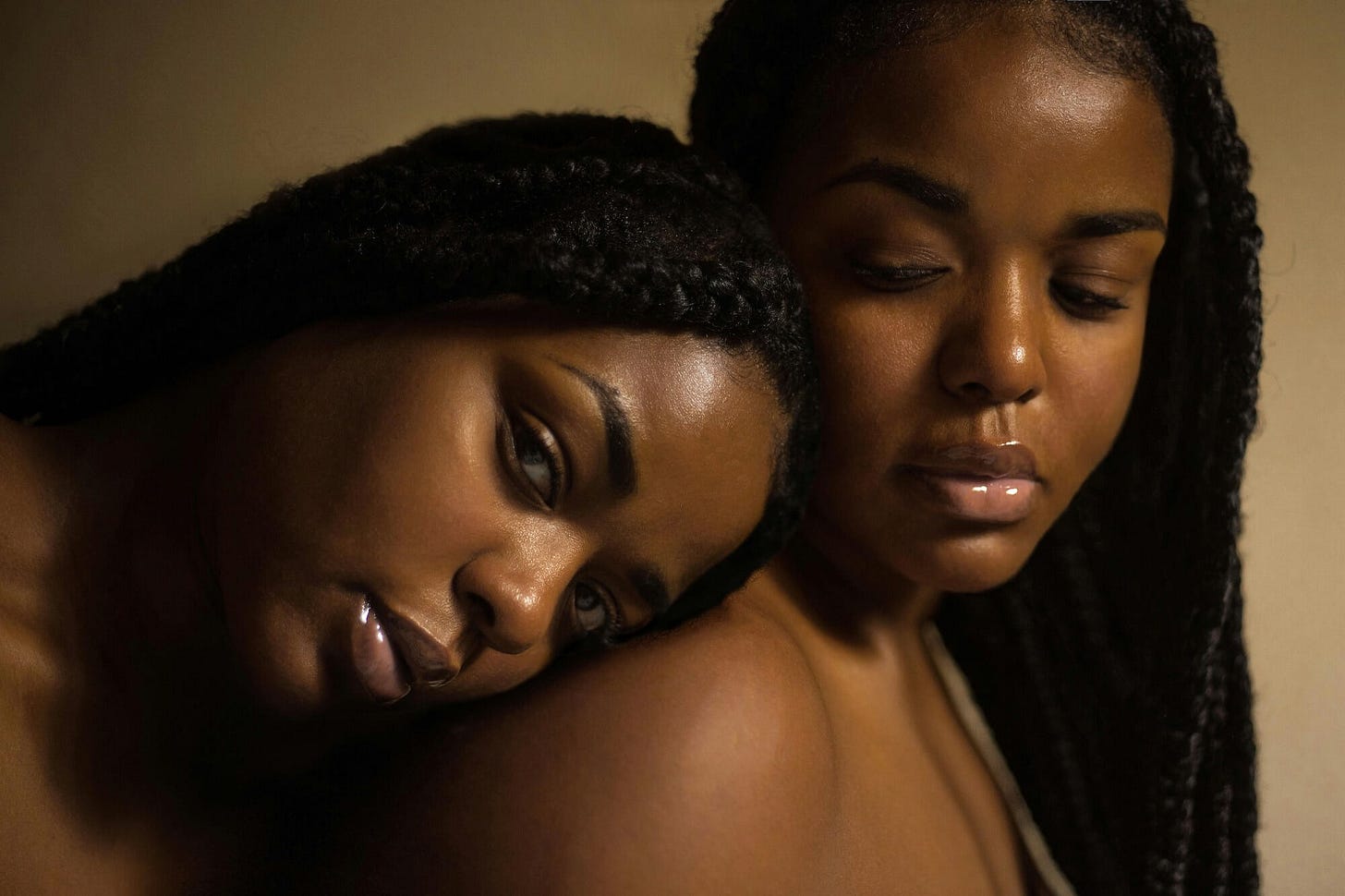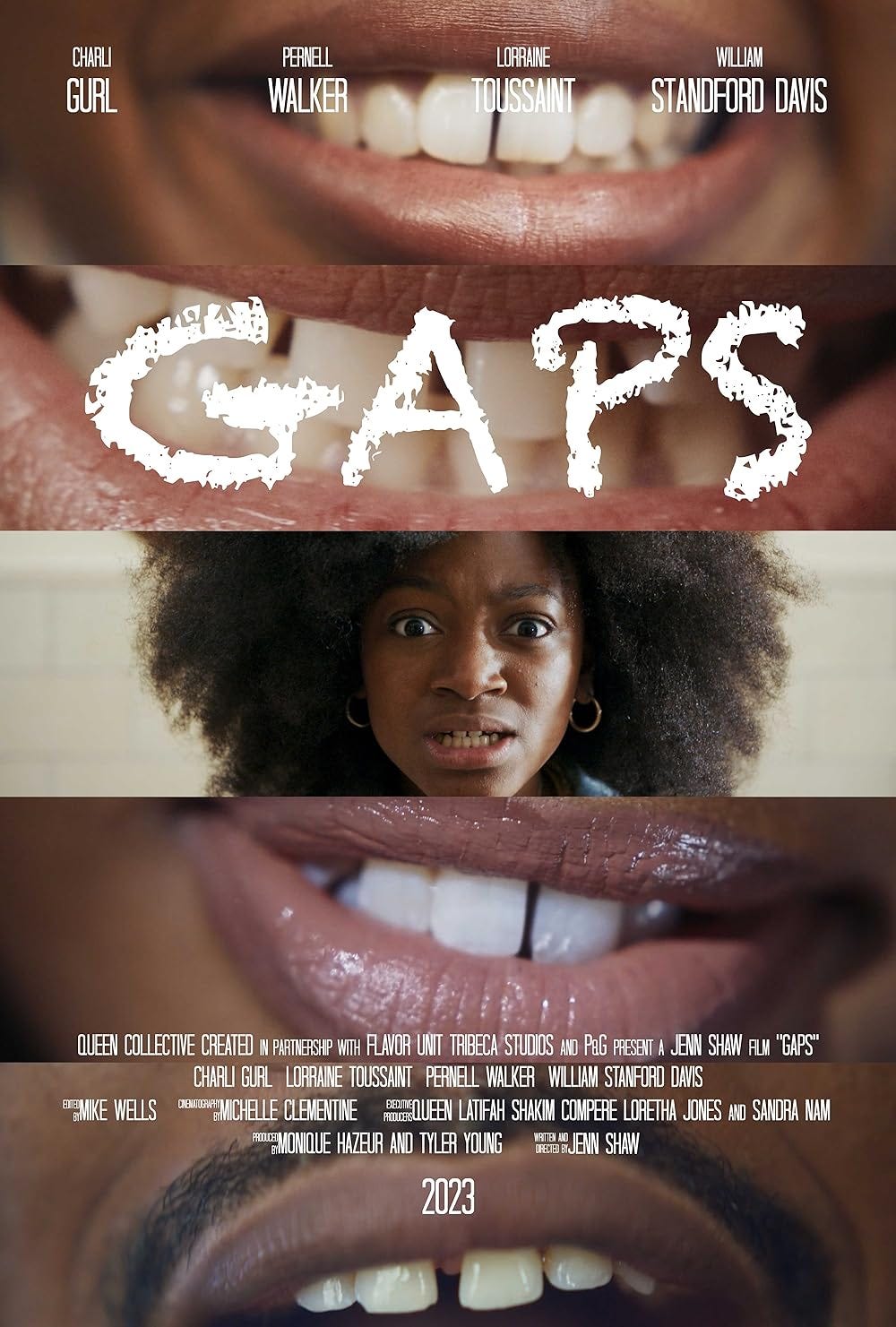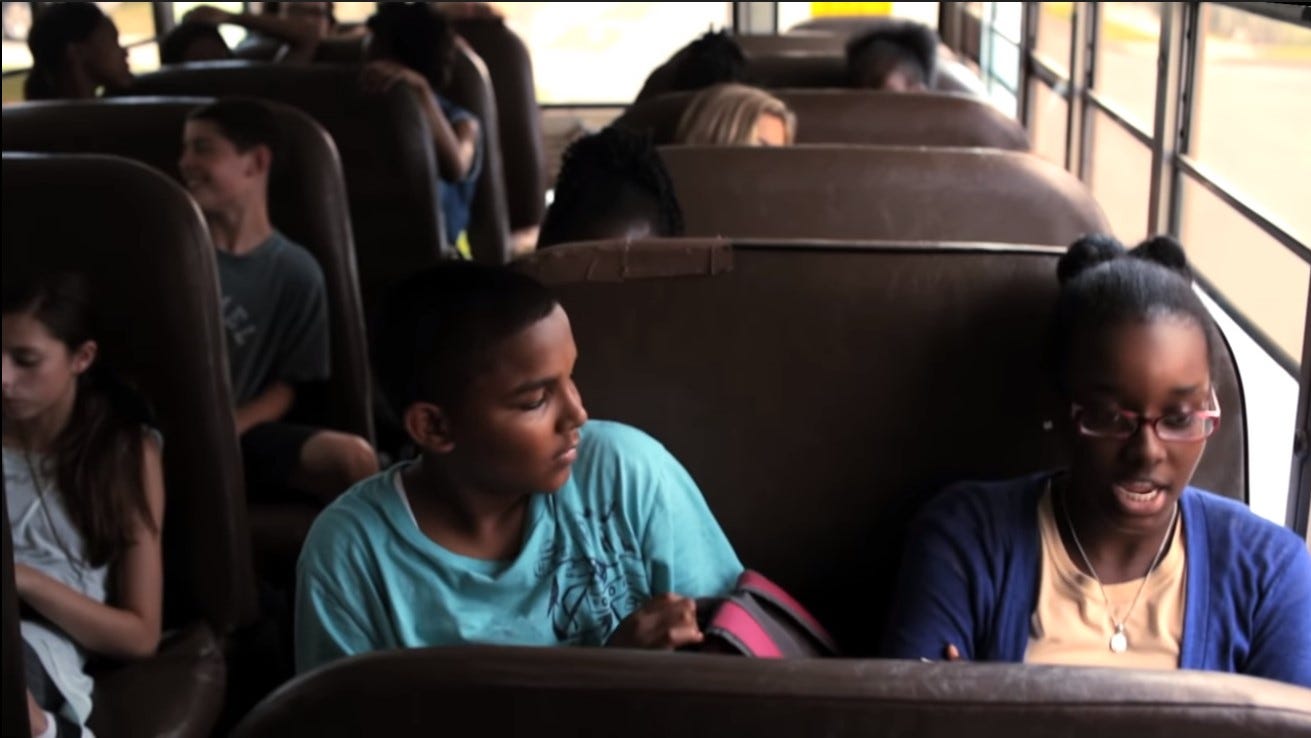Enjoying Carefree? Tap the heart & share it! 😍
Share on Twitter | Share on Facebook | Share via email | View past stories
Hey yall,
When you think of Black female film directors, who comes to mind? I’ll wait. For me, the first people I thought of were Ava Duvernay, Shonda Rhimes, and Issa Rae. While all of these women are pioneers, isn’t it abysmal that I could only think of three names? Hate it for me! If you’re like me and couldn’t think of any more than three women, then this week’s author Janyce Glasper, the founder of the femfilmrogue blog, is going to put us on. She shares not only six more Black women-directed films all with nuanced protagonists that weave the unique fabric of storytelling and Black womanhood, but shares how their stories reflect her humanity.
Enjoy!
Anayo Awuzie
EIC of Carefree Magazine
Desperately Seeking Black Women in Cinema
by Janyce
During my time in college, I took a special elective, Art of Film, that introduced me to the various components of filmmaking and heightened my appreciation for moving pictures.
There were no Black female directors featured in the class.
As I continued to study the works of Black women directors, from the classics to the present, I realized their absence went beyond my professor’s syllabus. Many were not being recognized or archived enough in an American film industry that historically prioritizes white gaze and canon. Thus, in graduate school, I started my femfilmrogue blog as a means to highlight Black women directing Black women.
There is an inherent care when Black women tell their own stories. It lies in all the sweet production details: the narrative, the cinematography, the music, and the direction. They humanize the experiences of Black women and girls, illustrating our complex vulnerabilities in addition to carefully integrating unique strengths and weaknesses. I am grateful for the scholarship of Danielle Scuggs’s Black Women Directors index and Maya Cade’s Black Film Archive, these are Black women dedicated to cataloging Black art.
For years, Black women filmmakers—constantly undermined and threatened with erasure— shattered glass ceilings, proving behind the scenes that both Black womanhood and girlhood are not monolithic. In their films, they understand that lives vary from person to person, crafting rich, inclusive cinema that authentically represents us.
In honor of Women’s History Month, the following six works are a mere sampling of contributions showing the exceptional talent of Black female filmmakers, ranging from conceptual abstractions to poetic realism. These films have touched me, made me feel seen in my unique Black womanhood experience, and reinforced my love for cinematic storytelling.
Diary of An African Nun
Filmmaker Julie Dash honors Alice Walker’s “Diary of An African Nun,” my favorite short story, in a timeless, black-and-white 1977 short film. Gloria Deum, a Ugandan nun, agonizes over her decision to join the convent. Her soliloquy is a passionate lament weighing the pros and cons of devout faith alongside a restless ancestral spirit.
Whenever I reflect on my decision to abstain from physical intimacy with other people, I return to Gloria’s plight, my doctrine, my truth. Gloria is much different than the other well-known cinematic Black nun, “Sister Act’s” Sister Mary Clarence. Gloria’s unwavering voice speaks over the sonorous beats and chants in this grainy piece. Her pleasure and sorrow form a strange yet beguiling unity. Her resolution to channel through despair gives me the strength to continue embracing my own tranquil seclusion.
Daughters of the Dust
“Daughters of the Dust,” Dash’s 1991 feature-length debut, is an abstract narrative and healing balm that hits notes on migration, trauma, and joy. Off the coast of South Carolina, the Peazant family, last of the Gullahs, decide between staying or going, leaving their heritages behind to thrive on the promises of mainland inhabitance. This film’s lyrical poetry breaks away from traditional form, highlighting women's relationships in a richly profound environment, their pristine white dresses, and varied hairstyles revealing the full breadth of Black beauty.
I connect mostly with Eula Peazant, a survivor who perseveres under the gentle bosom of her family. She fuels me with the importance of moving past the ugly beast that is sexual assault. It’s difficult and painful, haunting in the oddest moments. I survived terrible acts conducted by men and sought comfort in Eula’s testimony. She reminds us that we are not the gross horrors that happen to us.
Pariah
“Pariah” by dee rees remains one of the strongest stories about queer Black women writers. The main protagonist, Alike (beautifully played by Adepero Oduye whose features mirror mine), hides her identity from her family, primarily her devout mother. Alike has a support system that encourages her before and after her secret is discovered.
In my personal life, I found it easier to say “I’m not looking right now” to the typical “When are you gonna find a good man to marry you?” question as opposed to honestly expressing my desire to be alone, and preferring my own company. No one wants to understand me or my abnormal, eccentric choices. Our society has a long way to go in accepting different lifestyles. I see so much of myself in Alike, a tender character who reminds us that words are powerful tools.
Gaps
Jenn Shaw’s 2023 short film “Gaps” features Sydney, a middle schooler ostracized by her school peers for having diastema– the spacing between teeth known as a beauty trait in several West African countries. American culture puts straight white teeth on a pedestal. Ads, television, films, etc. contain the ideal perfect, open-mouthed smile, usually bright and tightened teeth. Sydney weighs in the heavy repercussions, wishing her gap disappeared.
Fortunately, Sydney’s family (played by Pernell Walker and Lorraine Touissant) express their privilege and joy of this distinction– a notion of pride and joy, no disdain or ugliness. Throughout history, writer-activists James Baldwin and Angela Davis and actresses such as Lisa Nicole Carson and Uza Aduba are known for their artistry and craft versus their teeth. I did not find any value in my own gap, having too experienced excessive teasing, the only one in my immediate family carrying the weight of these peculiar teeth. I hated to speak and rarely grinned in pictures. Sydney learns that kids will always pick apart unique differences to retain an inferior power. In reality, gaps are an incredible anomaly often not not shown enough with Shaw’s amount of grace and support.
Seventh Grade
Steffani Saintouge’s 2014 short film “Seventh Grade” explores the fine bridges between innocent girlhood and the awkward beginnings of the teenage phase, dangling childlike behaviors with a touch of adult themes. Patrice makes her dolls kiss before her older sister bursts in and judges her for it, playing into early familial fears and societal expectations.
By the age of 13, you’re “supposed” to outgrow toys. You’re” supposed” to be thinking about boys and fashion. At that age, I was sharing a bedroom with my younger sister, telling her that I no longer wanted to play with dolls even though I brushed their hair in secret. Isn’t it funny how no one actually tells us when to put the toys away except for our peers at school? These kids, who rarely see you at home, wield a huge influence over our adolescent behaviors. I won’t spoil it for you, but if you do watch, Patrice’s sacrifice for her best friend Laura is both honorable and profound, a considerable goodbye to innocence.
Miss Juneteenth
“Miss Juneteenth,” a 2020 feature-length film by Channing Godfrey-Peoples, exposes Black women's intergenerational perils embedded in its beauty pageant structure. Turquoise Jones had her whole life ahead of her as the crowned winner, but having an alcoholic mother and a dreamer for a baby father set her college plans back miles.
Later in the film, Turquoise pushes her teen daughter, Kai, a promising dancer, into the debutante culture, vicariously using her as an instrument to an old future. They clash over beauty— Kai prefers to wear her hair natural (my mother was still asking if I got a perm for the longest time). However, Turquoise and Kai’s warm mother/daughter bond, reminds me of the bond that I held with my mother, strengthening during her last years. Turquoise and Kai’s relationship centralizes the film with Maya Angelou’s “Phenomenal Woman” poem strengthening their love even further. That moment Turquoise watches Kai at the pageant and claps for her conjured memories of my mother standing up at my college graduation, her showing up to my art shows, my old awards, drawings, and trophies among her final possessions.
Watching cinema is my self-care, recharging my mind, and replenishing my spirit. It is an escape into familiar territory that confronts our own fragilities while respecting our dignity. If anyone asks me my relationship status, it is “in love with Black women-directed films.” You can feel it whenever a film is made by them. There’s a certain extra touch, an unmistakable sensitivity that other filmmakers frequently fail to include.
Black women directors know that it takes more than a Black actress to lead. I admire their continued efforts to craft inspiring characters that are not offensive caricatures and outdated stereotypes, convincing audiences to understand that we can navigate multiple genres. When filmmaking is placed in a Black woman director’s delicate hands, I revel in their telling of poignant, impactful, and progressive stories, especially illustrated in the six works I’ve highlighted here that remain crucial influences on my life as a film aficionado today.
Janyce Denise Glasper is an award-winning multidisciplinary visual artist, writer, and independent scholar based in Dayton, Ohio. She has blogged at femfilmrogue since 2014 and contributed art writing for Artblog since 2018. In her spare time, she loves watching films, traveling, discussing Black art, and testing out new vegan recipes. She recently self-published her debut illustrated novel “Route.”













